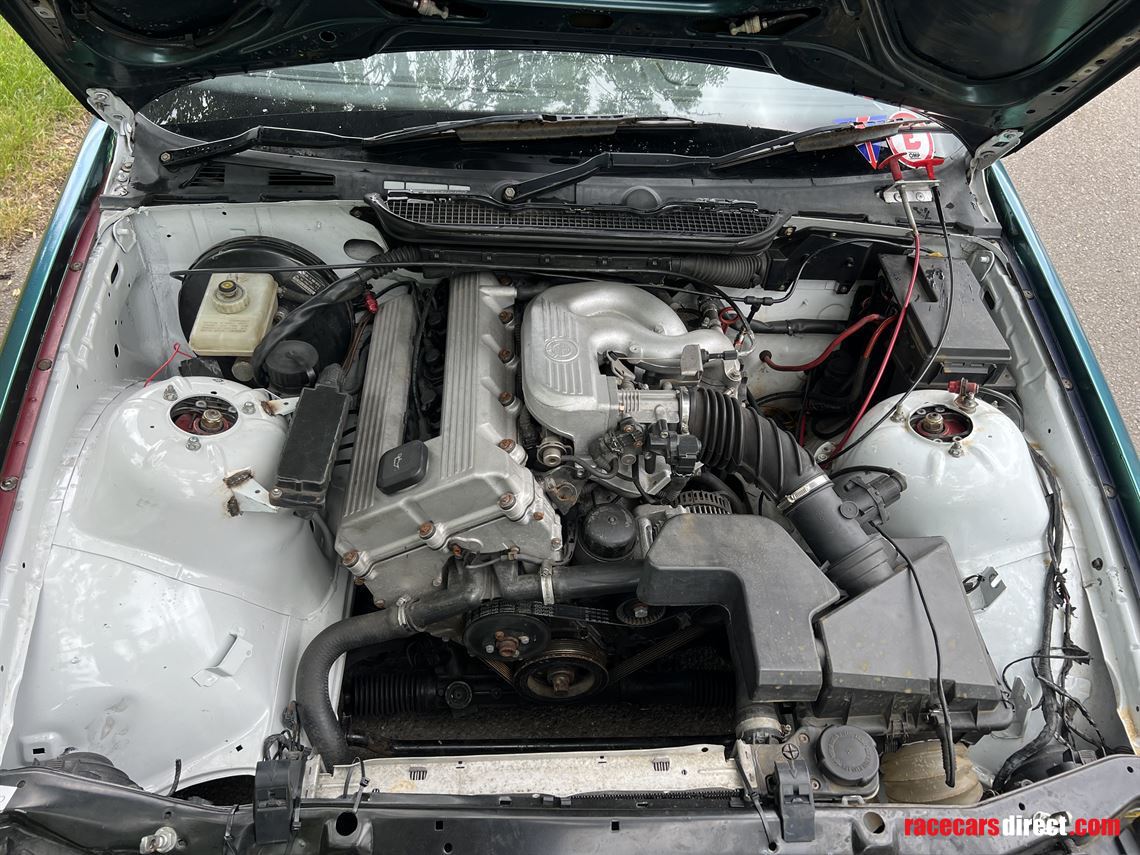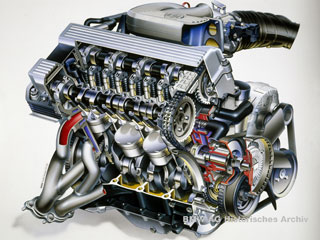Crucial Factors To Consider for Picking the very best Engine for Your Demands
In the world of picking the optimal engine to satisfy your needs, several important variables need meticulous consideration to make sure ideal efficiency and performance. From the nuanced equilibrium between power and performance to the often-overlooked aspects of maintenance and service demands, each aspect plays an essential duty in determining the most ideal engine for your particular requirements.
Power and Performance
When reviewing engines for optimum efficiency, it is crucial to prioritize both power output and efficiency. Power output measures the ability of an engine to generate energy, which directly influences its performance. A high power result is essential for demanding tasks such as durable applications or high-speed needs. It makes sure that the engine can manage the work successfully and effectively. Nevertheless, power alone is not sufficient; efficiency plays a significant role in determining the total efficiency of an engine. Performance describes exactly how well the engine transforms gas into usable power. An extra reliable engine will supply much better mileage, reduced discharges, and decreased operating costs. Striking the appropriate balance in between power outcome and efficiency is vital to choosing an engine that meets your certain requirements. When making this choice, it is vital to consider variables such as the intended use of the engine, environmental effect, and long-term expense implications. By very carefully examining both power and efficiency, you can select an engine that delivers ideal efficiency and meets your needs effectively.
Gas Performance and Economy
Gas performance refers to the engine's capacity to transform gas into energy with minimal waste, straight affecting operating prices and ecological sustainability. Engines with higher fuel efficiency not just lower gas expenses but also decrease carbon exhausts, adding to a greener operation.

Compatibility and Application
Taking into consideration the gas performance and economic situation of an engine, the following vital facet to address is its compatibility and application within particular functional contexts. Compatibility refers to exactly how well the engine incorporates with the total system or tools it powers. It entails variables such as physical dimensions, placing alternatives, electric user interfaces, and control systems. Making certain compatibility is vital to protect against concerns such as overheating, vibrations, or power discrepancies (bmw 318ti).
Moreover, the application of the engine is similarly essential. Different engines are made for certain objectives, whether it be industrial equipment, aquatic vessels, autos, or power generators. Understanding the desired application permits the choice of an engine that can supply the required power output, torque, and operational features. A high-revving engine made for efficiency vehicles would not be suitable for durable building devices that needs high torque at reduced rates.
Maintenance and Solution Needs
Upkeep and service demands play an essential function in ensuring the durability and ideal efficiency of an engine. Regular maintenance is vital to avoid failures, extend the lifespan of the engine, and preserve its performance. When picking an engine, it is essential to think about the supplier's recommended maintenance routine and the accessibility of solution facilities or qualified specialists.
Aspects such as the regularity of oil adjustments, filter replacements, and overall inspections can substantially influence the engine's efficiency. Some engines might need even more constant maintenance based upon their layout and use, while others might have longer periods read the article in between maintenance checks. It is essential to follow these solution needs to prevent pricey repair work and unexpected downtime.

Expense and Budget Factors To Consider
When picking an engine for a specific application,Budget constraints commonly play a considerable role in the decision-making procedure. When considering the price and budget effects of choosing an engine, it is essential to analyze not only the first purchase rate but additionally the long-term expenditures connected with maintenance, fuel intake, and potential upgrades or repair services. It is important to strike a balance between the ahead of time cost of the engine and its total lifecycle costs to make sure that the picked engine stays monetarily sustainable throughout its functional lifespan.
Elements such as gas efficiency, toughness, and reliability can straight influence the complete price of possession of an engine. While an extra expensive engine may have higher ahead of time prices, it could potentially result in lower maintenance and fuel expenditures over time, thus providing much better value in the future. In addition, considering the availability and expense of spare parts, in addition to the simplicity of maintenance and service, can help avoid unanticipated monetary stress in the future. By meticulously reviewing these price and spending plan factors to consider, you can make an enlightened choice that lines up with your economic restraints and functional demands.
Final Thought

Gas efficiency refers to the engine's capability to transform fuel right into power with minimal waste, straight influencing operating prices and environmental sustainability.Variables affecting fuel performance include engine design, combustion efficiency, and general efficiency optimization. Additionally, choosing the ideal fuel type and grade as advised by the engine manufacturer can additionally boost efficiency and prolong engine life expectancy.
Engines with excellent utility features check that and readily available parts can minimize upkeep costs and reduce the time the engine is out of procedure - bmw 318ti. It is essential to strike a balance between the upfront cost of the engine and its overall lifecycle costs to guarantee that the selected engine stays economically lasting throughout its functional life expectancy